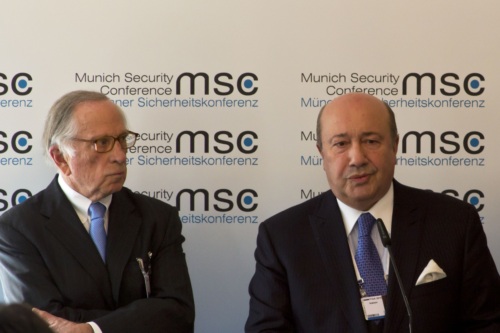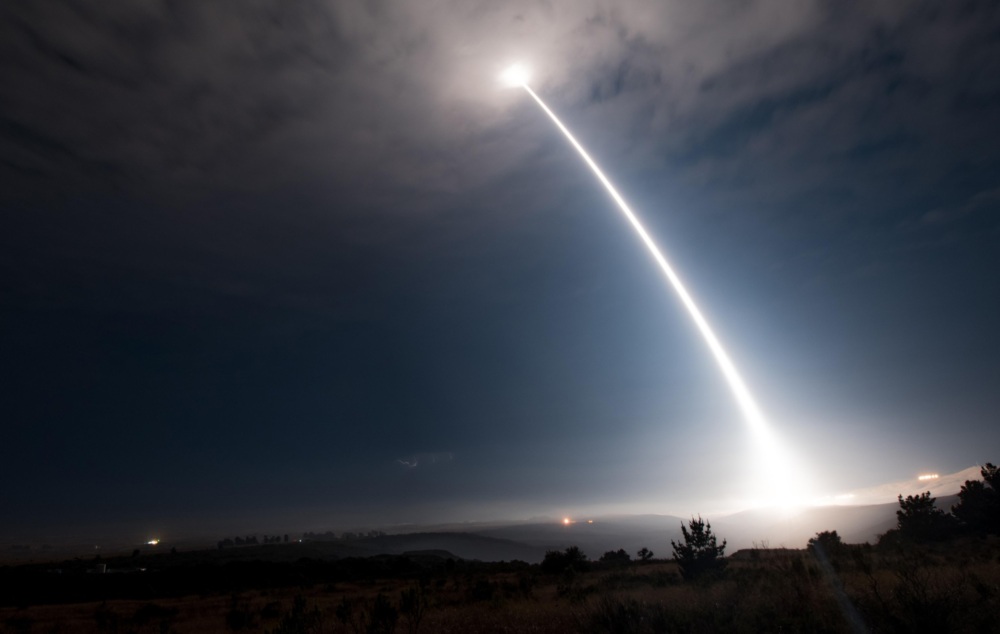
U.S. Nuclear Policies for a Safer World
NTI Co-Chairs Ernest J. Moniz and Sam Nunn call on the United States to resume a position of global leadership to reduce the risks posed by nuclear weapons.
Expertise Nuclear Weapons Policy, US-Russia
Lynn Rusten serves as the vice president for NTI’s Global Nuclear Policy Program. In this role, she leads NTI’s efforts aimed at reducing the risk that nuclear weapons will be used, preventing their spread, and ultimately ending them as a threat to the world.
Rusten has held senior positions in the White House, Department of State and Congress, bringing deep expertise in nuclear arms control, nonproliferation, and national security policy.
Before joining NTI in 2017, Rusten served as the senior director for arms control and nonproliferation on the White House National Security Council staff and held positions at the Department of State including chief of staff for the Bureau of International Security and Nonproliferation and senior advisor in the Bureau of Arms Control, Verification and Compliance (AVC), where she led the interagency backstopping process supporting the negotiation and ratification of the New START Treaty.
In 2009, Rusten was a consultant at NTI. From 2003-2008, she was a senior professional staff member on the Senate Armed Services Committee, handling a wide range of foreign and defense policy issues. She previously served in a variety of positions in the Department of State and at the U.S. Arms Control and Disarmament Agency (ACDA).
Earlier in her career, Rusten served as the director of the National Academy of Sciences’ Committee on International Security and Arms Control. She also was a senior research assistant in international affairs at the Congressional Research Service of the Library of Congress.
Rusten received an M.S. in National Security Strategy from the National War College; an M.A. in Russian and East European Studies from the University of Michigan; and a B.A. in Government with High Honors from Oberlin College.
NTI Co-Chairs Ernest J. Moniz and Sam Nunn call on the United States to resume a position of global leadership to reduce the risks posed by nuclear weapons.
In this piece, Vice President of Global Nuclear Policy Lynn Rusten explains that it is much more difficult to develop, negotiate, ratify and implement new nuclear reduction agreements than it is to tear them down.
The first detailed, exclusively open-source assessment of the five new nuclear weapon systems announced by Russian President Vladimir Putin in 2018
Working toward a shared vision of a nuclear weapons-free world
Testing ideas and developing proposals for improving security in areas of existential common interest
Developing Options to Address Cyber Threats to Nuclear Weapons
Developing institutional capacity and analysis to shape nuclear dialogue and policy in key regions throughout the world
Building political will for a safer world

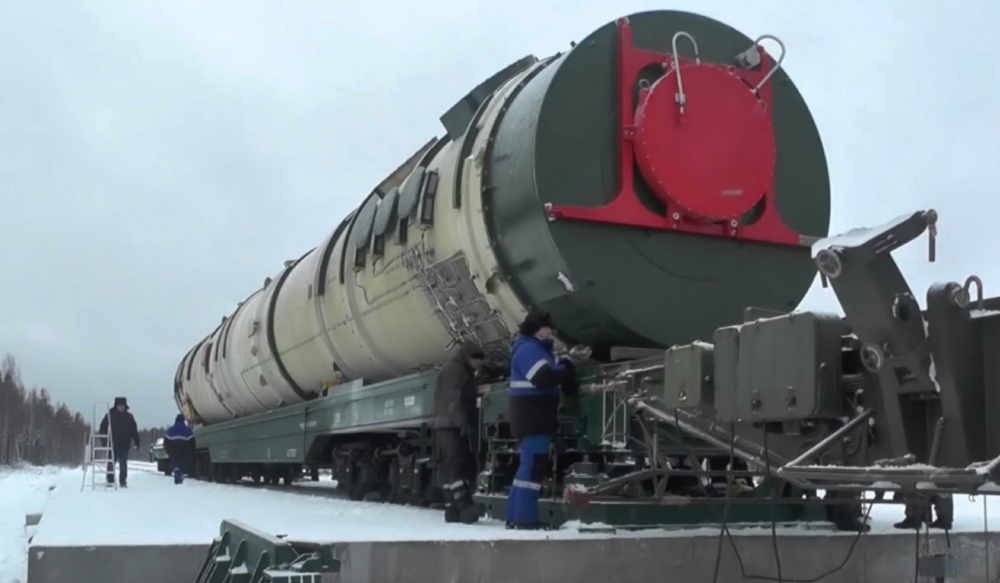
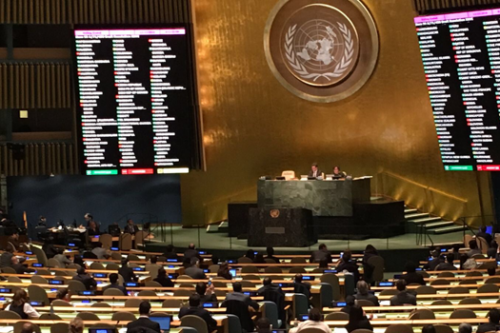


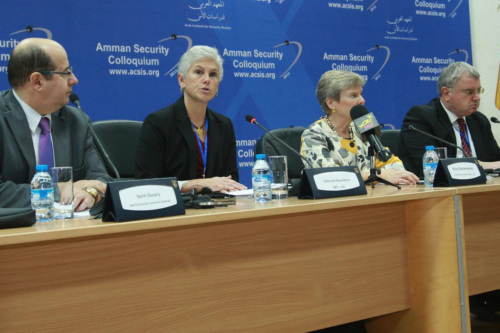 Past Project
Past Project 